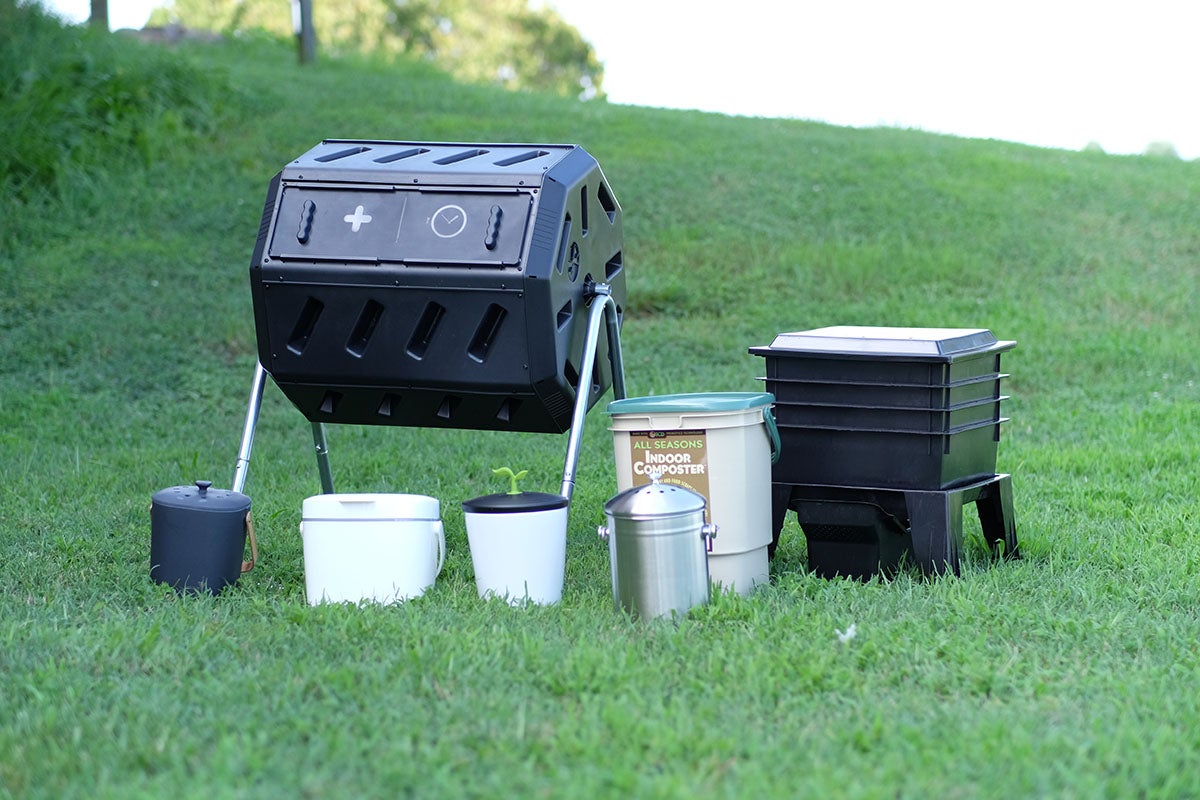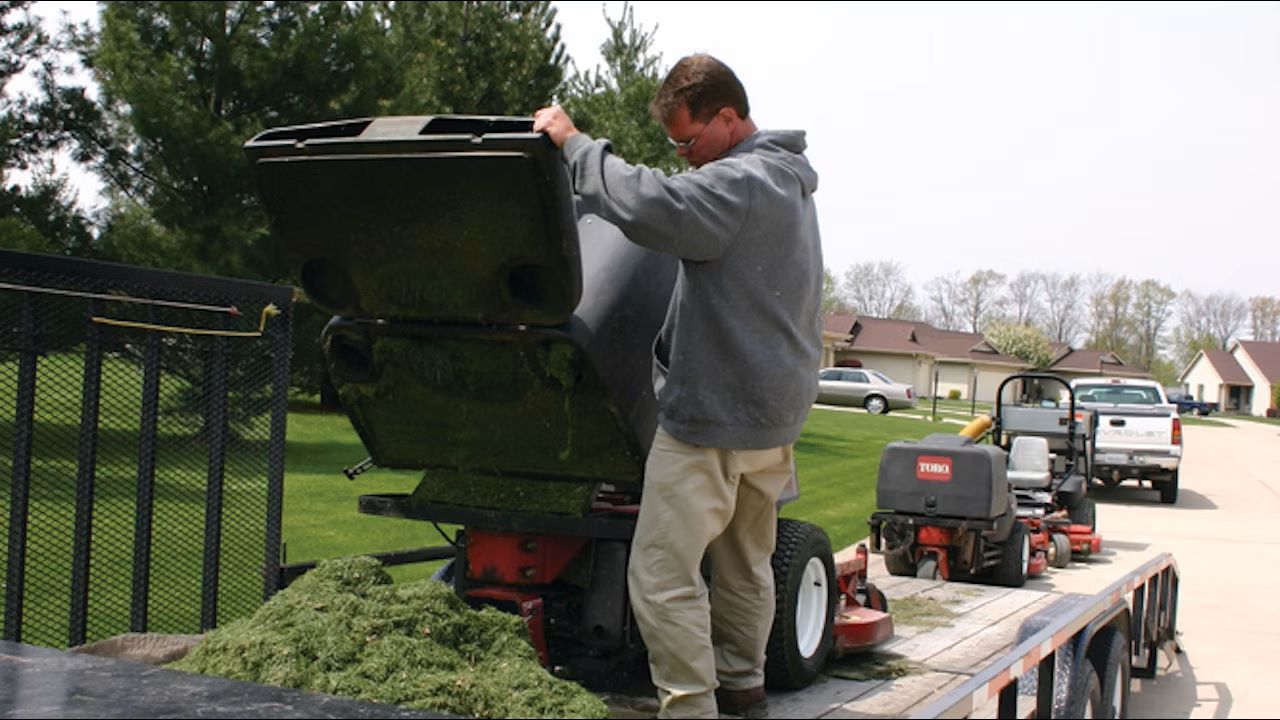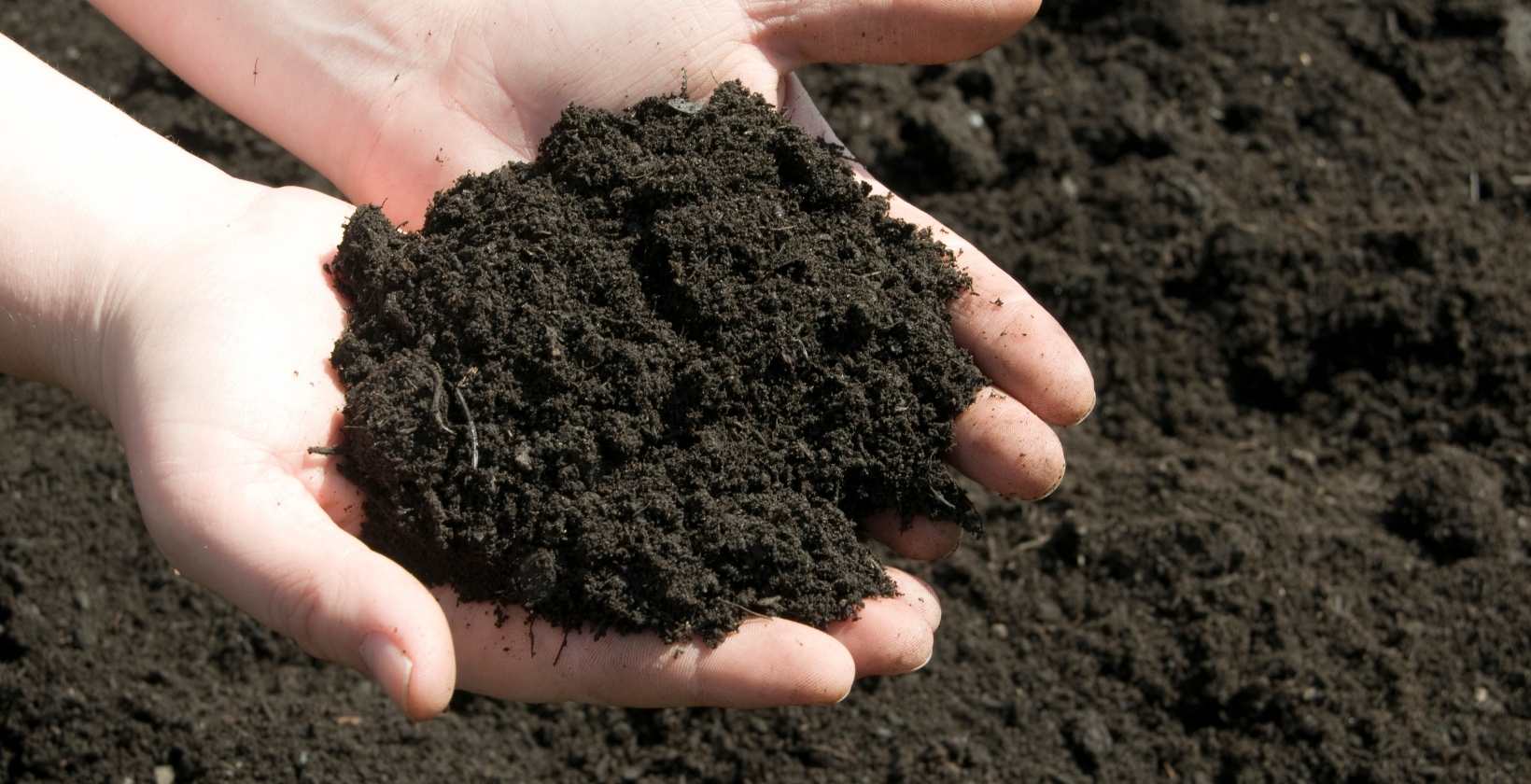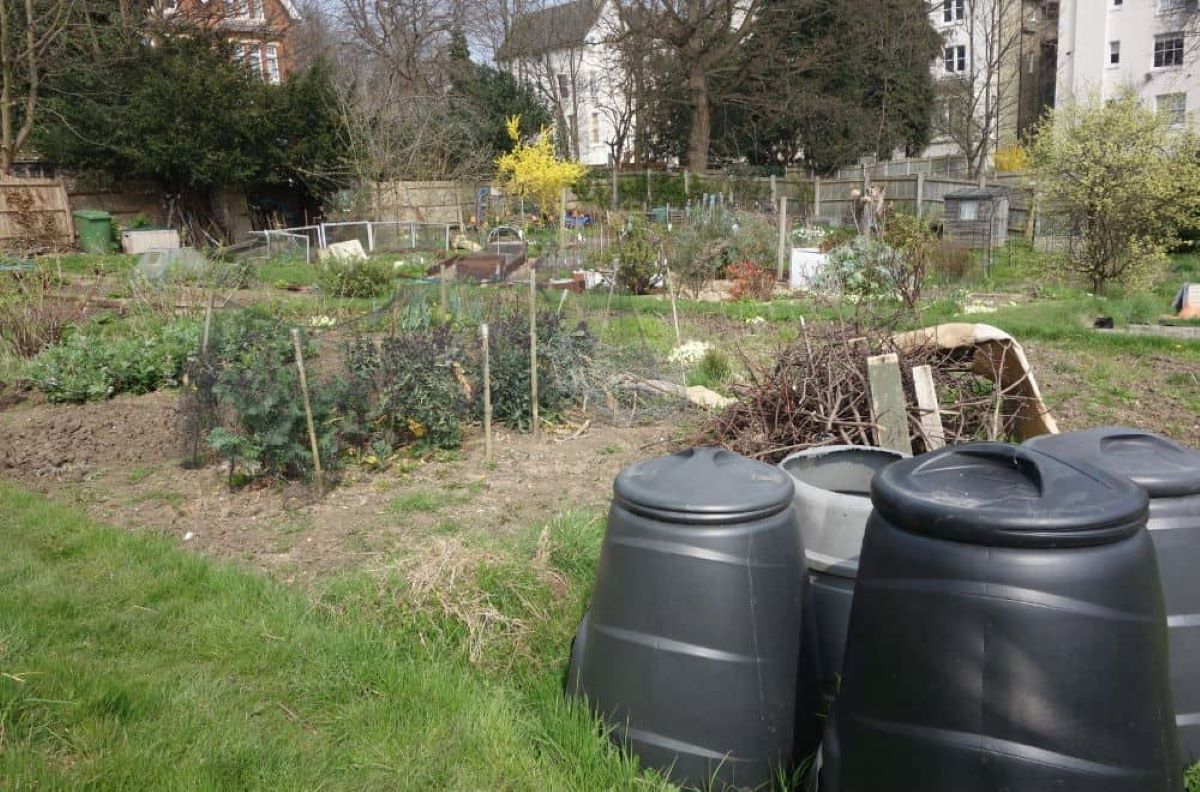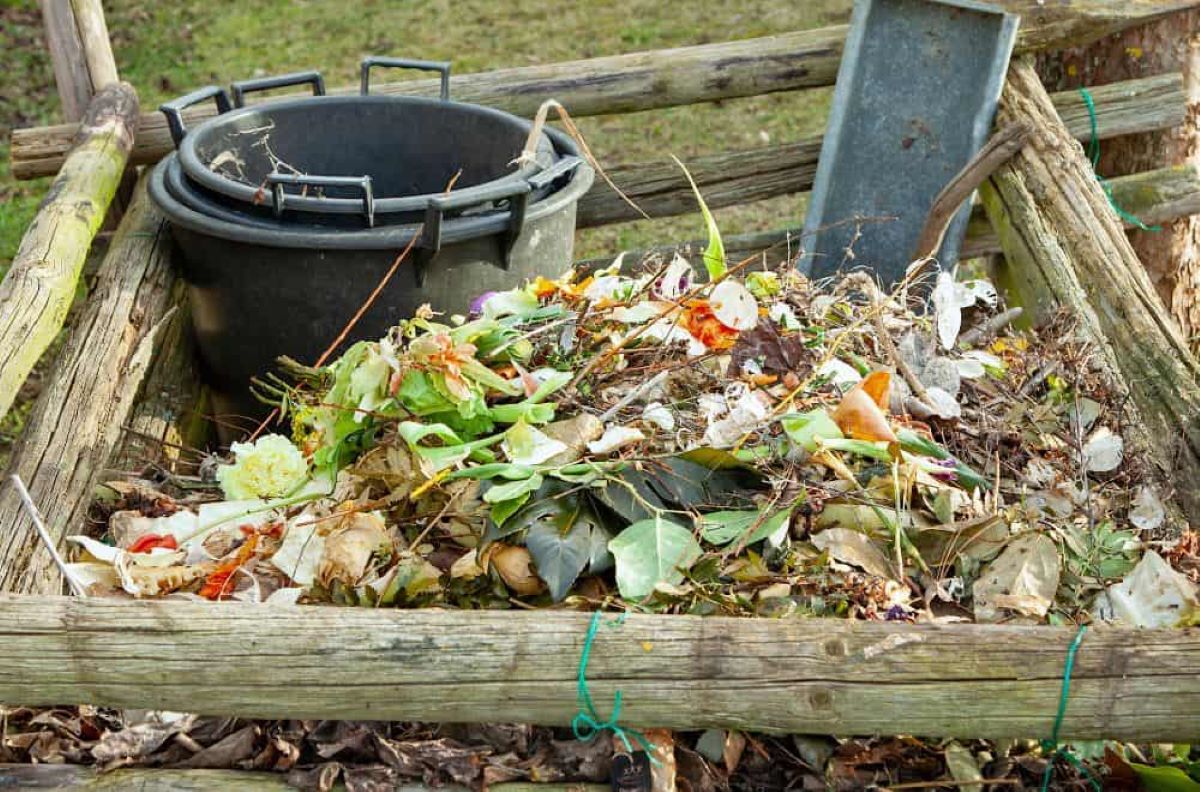Home>Gardening Basics>How Much Does One Yard Of Compost Weigh
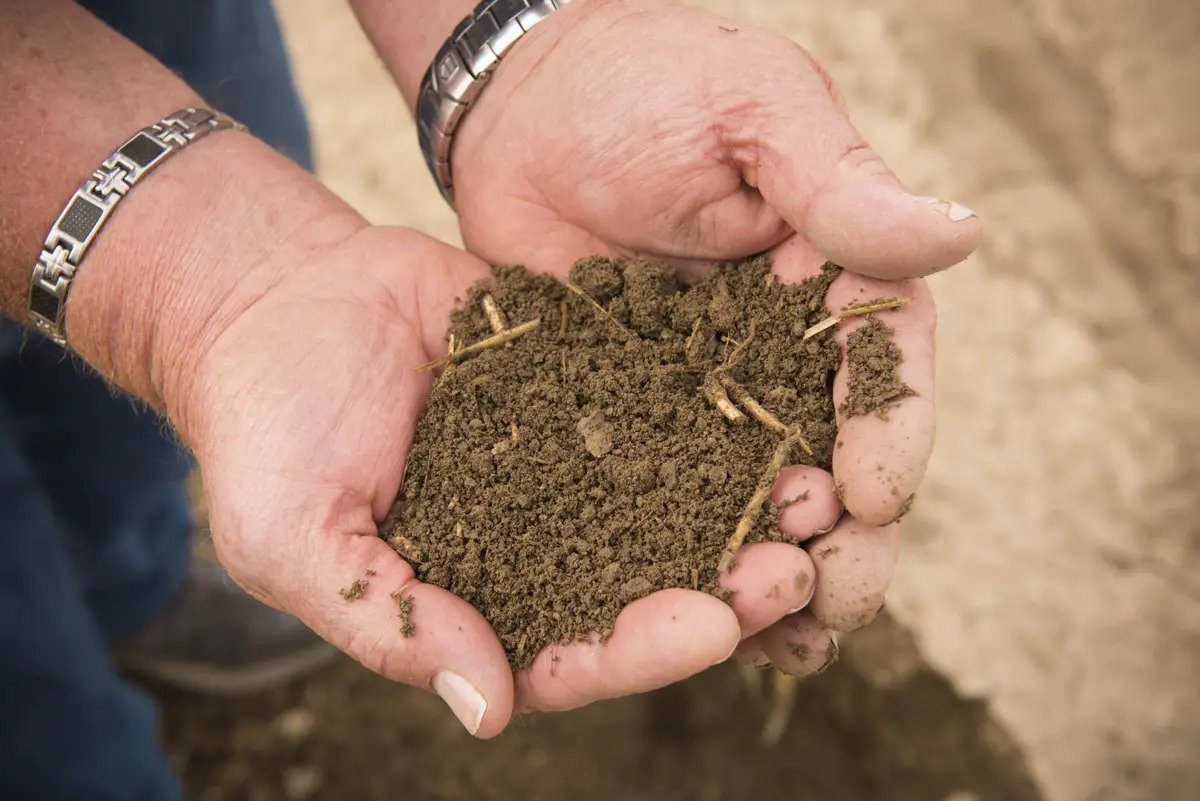

Gardening Basics
How Much Does One Yard Of Compost Weigh
Modified: January 22, 2024
Learn about the weight of one yard of compost and get started with your gardening project. Find out how much compost you need for a successful garden.
(Many of the links in this article redirect to a specific reviewed product. Your purchase of these products through affiliate links helps to generate commission for Chicagolandgardening.com, at no extra cost. Learn more)
Table of Contents
Introduction
Welcome to the world of composting! Whether you are an experienced gardener or just starting out with your green thumb, understanding the weight of compost is essential to success. Compost, often referred to as “black gold,” is a nutrient-rich organic material that is created through the natural decomposition of organic waste. It is an excellent soil conditioner and provides essential nutrients for plant growth.
Knowing how much one yard of compost weighs is crucial for several reasons. It helps in determining the quantity needed for your gardening projects, estimating the cost, and facilitating proper handling and transportation. In this article, we will explore the factors that affect compost weight, the average weight of one yard of compost, and why understanding compost weight is important.
Whether you are a home gardener or a professional landscaper, having a solid understanding of compost weight will empower you to make informed decisions and optimize your gardening efforts. So, let’s dive in and explore the fascinating world of compost weight!
Understanding Yard Compost
Before we delve into the weight of compost, let’s first understand what yard compost is. Yard compost, also known as bulk compost, is a type of compost that is typically sold in large quantities, measured in yards. It is made from a mixture of organic materials such as leaves, grass clippings, food scraps, and other garden waste. These materials go through a process called composting, where they break down naturally over time, resulting in a nutrient-rich soil amendment.
Yard compost is highly beneficial for improving the fertility and structure of soil. It enhances soil’s ability to retain moisture, promotes the growth of beneficial microorganisms, and provides essential nutrients that plants need to thrive. It is an environmentally friendly and sustainable alternative to chemical fertilizers.
When it comes to using yard compost, it can be applied to various gardening projects. Whether you are preparing a new garden bed, top-dressing your lawn, or nourishing potted plants, yard compost is a versatile and valuable resource.
Now that we have a basic understanding of what yard compost is, let’s explore the factors that can affect the weight of compost.
Factors Affecting Compost Weight
Several factors can influence the weight of compost, making it important to consider these variables when determining the quantity needed for your gardening projects. Here are some key factors that can affect the weight of compost:
- Moisture Content: The moisture content of compost can vary, depending on factors such as climate and the composting process itself. If the compost is wetter, it will be heavier due to the water content. Conversely, if the compost is drier, it will weigh less. It’s worth noting that compost with higher moisture content can also indicate a higher nutrient content.
- Organic Matter Composition: The types of organic materials used in the composting process can impact its weight. Different materials have different densities, which can influence the overall weight of the compost. For example, compost with a higher proportion of dense materials like wood chips may weigh more compared to compost with a higher proportion of light materials like leaves.
- Composting Method: The method used to compost organic materials can also affect the weight. Compost produced through traditional backyard composting methods may have a different weight compared to compost produced in large-scale commercial composting facilities. This is because different methods can result in variations in decomposition rates and the breakdown of organic matter.
- Particle Size: The particle size of compost can impact its weight. Finely shredded compost generally weighs more than compost with larger, unprocessed organic materials. This is because finely shredded compost has a higher density, resulting in a heavier weight per given volume.
It is important to keep these factors in mind when estimating the weight of compost you need for your gardening projects. By understanding these variables, you can ensure that you have the right amount of compost to achieve optimal results without any surprises.
Average Weight of One Yard of Compost
Now that we have examined the factors that can affect the weight of compost, you may be wondering how much one yard of compost typically weighs. While the weight can vary depending on the factors mentioned earlier, there is a general estimate that can be used as a guideline.
On average, one yard of compost weighs between 800 and 1,200 pounds (360 to 540 kilograms). This estimate takes into account the moisture content, organic matter composition, and other factors that can influence the weight of compost. However, it’s important to remember that the actual weight may differ slightly based on the specific characteristics of the compost you are using.
It’s worth noting that the weight of compost is typically measured by volume rather than by weight. This is why it is referred to as “one yard” of compost. A yard is a standard unit of measurement in the landscaping industry and refers to a cubic yard, which is equal to 27 cubic feet (0.76 cubic meters). This volume measurement allows for consistency in estimating the quantity of compost needed for different gardening projects.
Keep in mind that the actual weight of one yard of compost can vary based on local regulations and industry standards. It’s always a good idea to check with your supplier or consult local resources for more accurate information specific to your area.
Understanding the average weight of one yard of compost is crucial when it comes to planning your gardening projects. By knowing the estimated weight, you can ensure that you have sufficient compost for your needs and can make informed decisions when purchasing or transporting compost.
Importance of Compost Weight
Understanding the weight of compost is not merely about numbers and measurements; it holds great importance for gardeners and landscapers alike. Here are some key reasons why compost weight is significant:
- Quantity Determination: Knowing the weight of compost is essential for determining the quantity needed for your gardening projects. Whether you are enriching your garden beds, top-dressing your lawn, or potting plants, understanding the weight ensures that you have enough compost to achieve your desired results.
- Cost Estimation: Compost is often sold by weight or volume, and understanding the weight can help you estimate the cost accurately. By knowing the weight of one yard of compost, you can calculate the cost per pound or ton and make informed decisions about purchasing the right amount within your budget.
- Proper Handling: Compost can be heavy, especially when purchased in large quantities. Having an idea of the weight helps in proper handling and transporting of the compost to avoid strain or injury. It allows you to plan for the necessary equipment or assistance required for moving the compost effectively.
- Environmental Impact: Compost weight is essential when considering the environmental impact of your gardening practices. By understanding the weight and quantity of compost needed, you can minimize waste and reduce the carbon footprint associated with excess transportation or disposal of unused compost.
- Garden Performance: The weight of compost can also impact the performance of your garden. Adequate quantities of compost ensure that plants receive enough nutrients, moisture, and beneficial microorganisms to thrive. By using the right amount of compost based on its weight, you can create optimal growing conditions for a healthy and vibrant garden.
Considering these factors, it becomes evident that understanding the weight of compost is vital for successful gardening projects. It allows you to plan effectively, make informed decisions, and maximize the benefits that compost can provide to your garden and the environment.
How to Measure One Yard of Compost
Measuring one yard of compost is essential to ensure that you are accurately acquiring the desired quantity for your gardening projects. Here are a few methods to help you measure one yard of compost:
- Using a Yardstick: One of the simplest ways to measure one yard of compost is by using a yardstick. A yardstick is a measuring tool that is one yard (or three feet) long. You can visually gauge the height of the compost pile to ensure it reaches the one-yard mark on the yardstick.
- Using a Measuring Tape: Another option is to use a measuring tape. Start by establishing a reference point, such as a stake or a mark on the ground. Then, measure the length, width, and height of the compost pile. Multiply these dimensions together to calculate the volume. If the volume equals 27 cubic feet, you have one yard of compost.
- Using a Wheelbarrow: If you are dealing with smaller quantities of compost, you can measure one yard using a wheelbarrow. Fill the wheelbarrow with compost, ensuring it is level and compact. Measure the length, width, and height of the compost in the wheelbarrow using a measuring tape. Multiply these dimensions together to calculate the volume. If the volume equals 27 cubic feet, you have one yard of compost.
- Consulting the Supplier: In some cases, it may be more convenient to rely on the expertise of your compost supplier. They can provide guidance on the quantity of compost needed for your specific project. Many suppliers offer compost in predetermined quantities, such as cubic yards, making it easier to purchase the desired amount.
Remember to consider the factors we discussed earlier, such as moisture content and particle size, when measuring one yard of compost. These factors can affect the weight and density of the compost, so it’s important to take them into account for accurate measurements.
By following these methods or consulting with your supplier, you can confidently measure one yard of compost and ensure that you are acquiring the right quantity for your gardening needs.
Conclusion
In conclusion, understanding the weight of one yard of compost is crucial for successful gardening projects. Yard compost, created through the natural decomposition of organic materials, is a valuable soil amendment that enriches the soil and promotes healthy plant growth.
Factors such as moisture content, organic matter composition, composting method, and particle size can influence the weight of compost. On average, one yard of compost weighs between 800 and 1,200 pounds (360 to 540 kilograms), but the actual weight may vary based on specific characteristics.
Compost weight is significant for several reasons. It helps determine the quantity needed, estimate costs, ensure proper handling and transportation, minimize waste, and optimize garden performance. By measuring one yard of compost accurately using methods such as visual estimation, measuring tape, or consulting with suppliers, you can acquire the right amount for your gardening projects and make informed decisions.
So, next time you embark on a gardening endeavor, remember the importance of compost weight. By understanding and considering the weight of compost, you can cultivate thriving gardens, contribute to sustainable practices, and reap the benefits of this golden resource.

